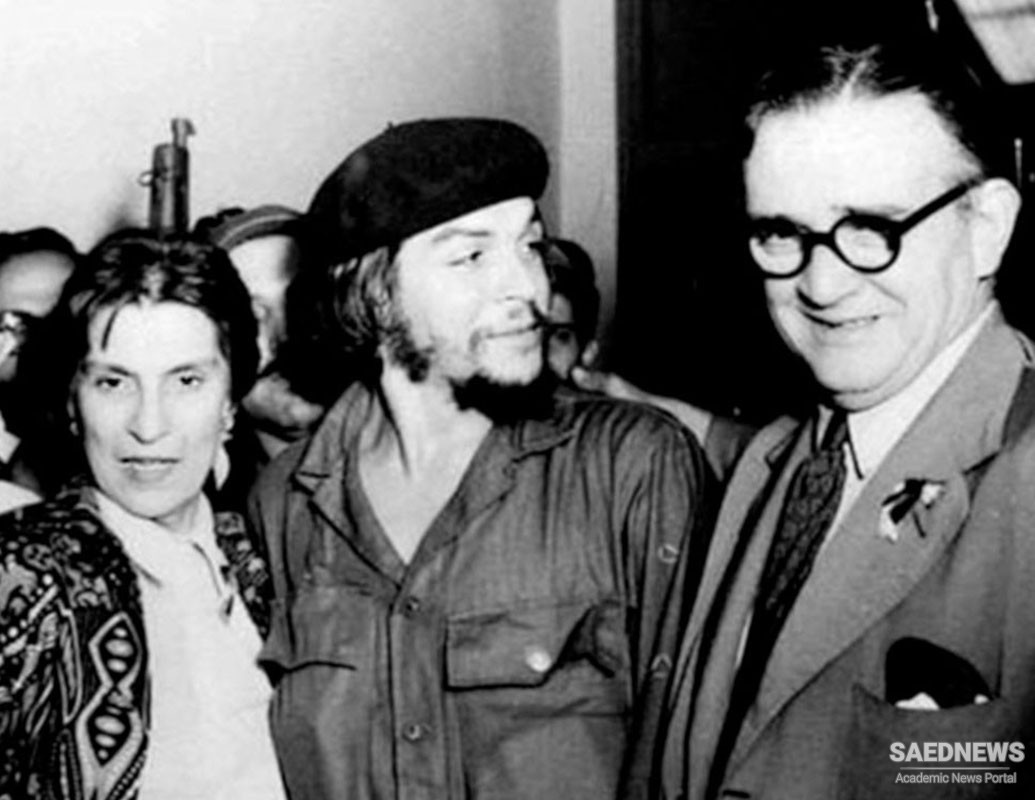The embassy relied largely on the Bolivian government to appraise the guerrilla situation, especially after the wrangle with Washington about Americans in the combat zone, but as Tope reported, "the Bolivian Armed Forces do not possess a sound, or even workable, military intelligence system." Meanwhile, the embassy believed that the Bolivians readily filled in with fiction wherever data were lacking. It once told Washington, "Due [to the] inadequacy [of the] BAF [Bolivian armed forces] intelligence system and felt need [to] exaggerate alleged AF successes, we are inclined to take communique claims at [a] considerable discount." Even Secretary of State Rusk once weighed in on the need for intelligence, telling Bolivian vice president Siles that experience in Vietnam, Laos, Greece, and elsewhere had taught the United States that an informationcollection system among people living in guerrilla areas was indispensable to controlling insurgencies.
The arrival of the Green Beret team, however, changed the intelligence picture very quickly. The Americans and Bolivians soon had a glut of information about Guevara and his guerrillas. Shelton's intelligence methods, of course, kept him well informed of things that happened in his area, but he was far from the combat zone. To get information from there required other means, and soon after the establishment of the training camp, intelligence experts began flocking to La Paz, La Esperanza, and Santa Cruz. U.S. Air Force general William K. Skaer, Porter's head of intelligence in Panama, came down to help set up the networks. Arthur Maloney, a CIA officer assigned to Porter's command to work with Skaer, helped get things started and visited occasionally. Maloney traveled throughout the Andean area, concerned with insurgencies in three countries besides Bolivia: Venezuela, Colombia, and Peru. Two American CIA agents arrived in Santa Cruz to set up a communications center, remaining there for the duration of the crisis, and several Cuban exiles, plus an American case officer, came to assist at various levels in the process of gathering and analyzing intelligence, including serving in the Ministry of Government in La Paz. In addition, the station in La Paz, which had responsibility for this effort, regularly consisted of four intelligence officers.
But key to the intelligence operation was the presence of two of the Cuban exiles who could go into the area of operations or anywhere else in Bolivia they chose. One member of the team was Bay of Pigs veteran Felix Rodriguez (code-named Felix Ramos). He had been trained by the CIA in intelligence techniques and methods and had served the agency in Indochina and Latin America. In 1989 he wrote a book about his adventures with the CIA entitled Shadow Warrior and in the 1990s surfaced in the news because of his involvement in the Iran-Contra episode during the Reagan administration. He worked with Gustavo Villoldo, code-named Eduardo Gonzalez. Both spoke English, but Gonzalez was especially fluent, a talent that would have surprising repercussions before he left Bolivia. He, too, had done CIA jobs since 1961. Remarkably, someone in the CIA involved with Bolivian affairs clearly had not noticed or had forgotten the ruckus about Americans in the guerrilla area. When arrangements were under way for Rodriguez and Gonzalez to operate with the Green Beret advisers, the CIA made the preposterous suggestion to Southern Command that they wear Green Beret uniforms, which, of course, was rejected out of hand. Americans were not to be in the area, and American uniforms were not to be there either, even on Cuban exiles. In fact, when the time came, the two agents wore the uniforms of Bolivian Army captains, something that would figure significantly in Rodriguez's account of the death of Guevara.


 Iran to Mount 550k Rooftop Solar Units by 2025
Iran to Mount 550k Rooftop Solar Units by 2025














































